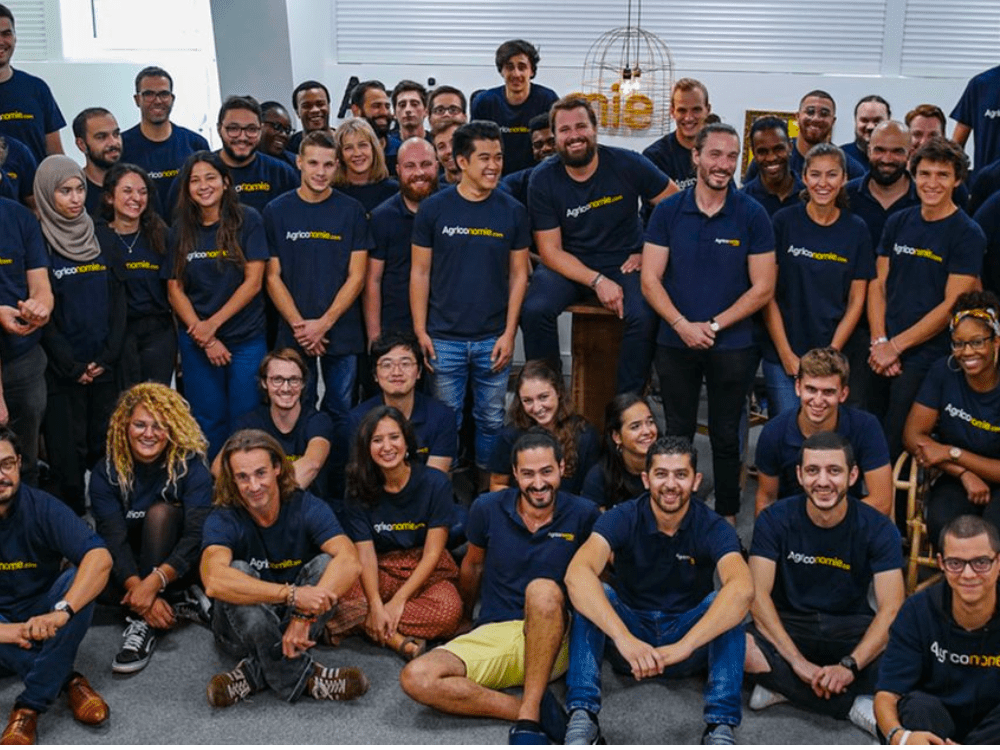- Online agribusiness marketplace Agriconomie has closed a €60 million ($60 million) Series B round.
- Treïs, Temasek, and Aliment Capital (formerly Pontifax AgTech) co-led the round with participation from Eurazeo.
- The Agriconomie e-commerce platform sells a range of agricultural supplies directly to farmers. It also assists farmers in the transition to regenerative and sustainable agriculture practices.
- France-based Agriconomie will use the new funds to expand its geographic reach as well as its offerings.
Why it matters:
Founded in 2014, Agriconomie’s original goal was to become the Amazon of farm supplies. The company has since added a sustainability angle to its ambitions. With the Series B raise, Agriconomie “intends to be the European leader in the organics and regenerative inputs market,” the company said.
Sustainable agriculture currently represents about 10% of the company’s revenue; roughly 35% of its seed offerings are organic.
Agriconomie says its “environmental action plan” includes promoting these and other organic products. It will also offer regenerative agriculture advisory services, carbon measurement and trading services, and “general support” to farmers switching to regen ag practices.
Series B funding will better enable the company to provide such services.
The raise comes at time when supply chain issues and geopolitical events have sent farm input prices soaring and farmers around the world scrambling to cut costs.
“Food scarcity during the pandemic and more recently the fertilizer and grain price volatility resulting from the war in Ukraine have made clear that we need a more robust, sustainable, and, equitable food system,” Treïs’ Cian McComb wrote on LinkedIn this week.
“Agriconomie.com is doing just that through the disruption of incumbent supply chains and the promotion of #regenag and #organic farm input products.”
Agriconomie already has a presence in France, Germany, Italy, Spain and Belgium. Series B funds will help the company pursue new geographical areas as well as product lines.





